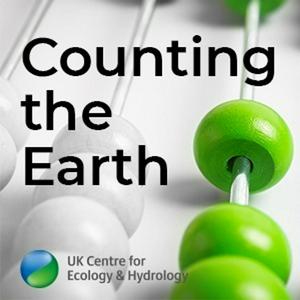15: Resistance Rising: 1.14 million
In this episode, Alice and Sue visit the River Kennet and the Reading Sewage Treatment Works to explore antimicrobial resistance (AMR), a growing global issue. In 2021 1.14 million deaths were attributed to antimicrobial resistant bacterial infections, according to the UN Environment Programme. AMR occurs when bacteria, viruses, fungi, and parasites become resistant to the medicines that are meant to kill or treat them. Microorganisms from our waste, along with chemicals from our homes (like medications, cleaning products, and antifungal shampoos), contribute to this problem when entering our watercourses, along with agricultural and urban runoff.
Alice and Sue meet with Dr Holly Tipper and Dr Isobel Stanton, molecular microbiologists at UKCEH, to learn more about their research on AMR, what we know and where the knowledge gaps are and role of the environment in the development of AMR in microbes. Then, they put on boots, hats, Hi-Viz jackets, and goggles to see for themselves the wastewater journey through the treatment works with Dan Freeman, lead for Thames Water’s Chemical Investigation Programme, providing insight into monitoring of emerging contaminants.
Hosts: Sue Nelson and Alice Hope
Producer: Rachael Buchanan
Counting the Earth is a Boffin Media Production for the UK Centre for Ecology & Hydrology.
Find out more about AMR research at UKCEH
https://www.ceh.ac.uk/news-and-media/blogs/our-research-will-inform-action-tackle-amr-environment-and-risk-human-health
The Naked Scientist podcast on AMR, featuring Dr Andrew Singer from UKCEH
https://www.thenakedscientists.com/podcasts/naked-scientists-podcast/amr-unleashed-silent-pandemic


